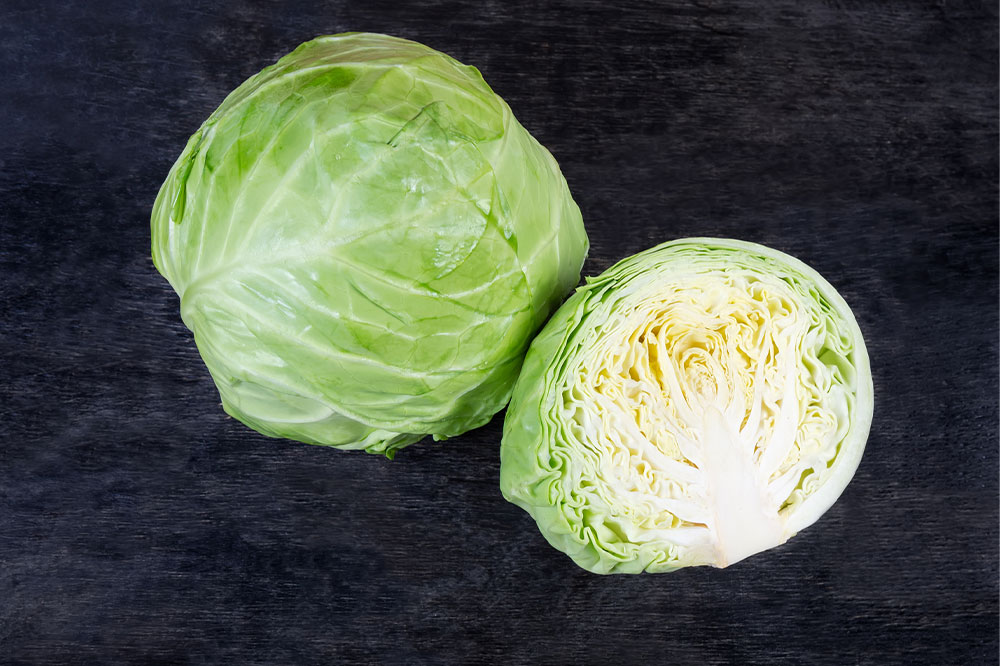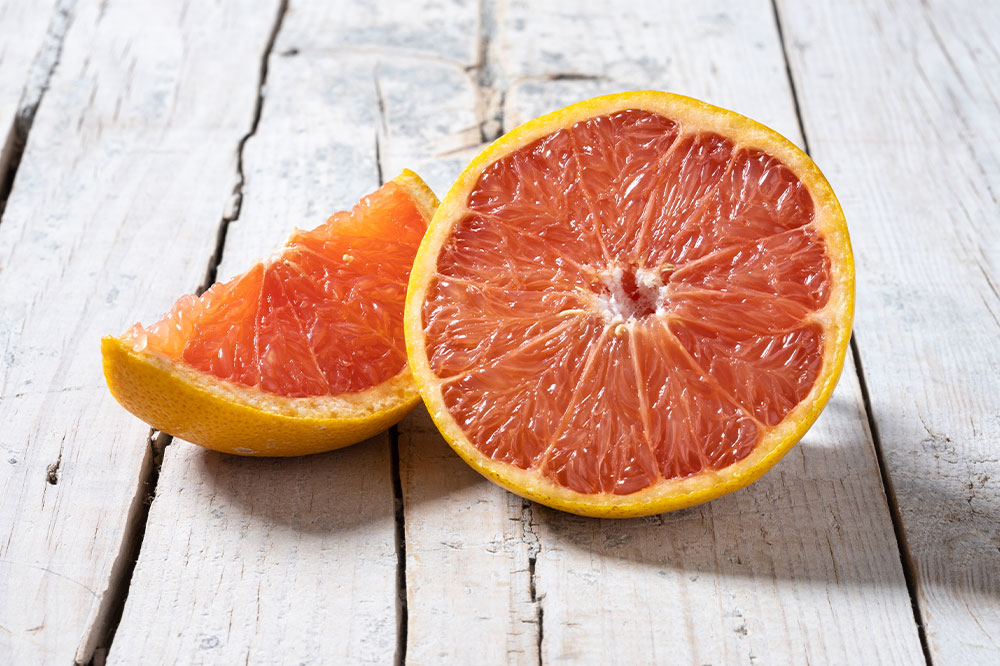13 warning signs of kidney cancer
Kidney cancer is a complex health condition that must be identified in time. One way to spot it is to be alert and look for its early warning signs. Individuals who experience the symptoms should promptly consult a healthcare professional for a thorough evaluation and diagnosis. Timely detection significantly enhances a person’s chances of successful treatment and a favorable prognosis. The following are a few probable signs of kidney cancer. Loss of appetite A loss of appetite is a probable sign of kidney cancer. People with this condition may not feel the urge to eat anything. At the same time, when they do eat, they might feel full quickly after a few bites. Fever Fever is a common symptom of kidney cancer. If one has a fever without other signs of a possible infection, it could point toward kidney damage. The body temperature may stay high consistently or rise and decrease repeatedly. It is crucial to get a fever checked if there is no possible explanation for it. Foamy urine Some people might experience foamy urination. At times, it might take more than a single flush to get rid of the foamy residue. The problem arises because of the presence of albumin, a protein that the body releases through the urine when kidney function is compromised.
Read More 









